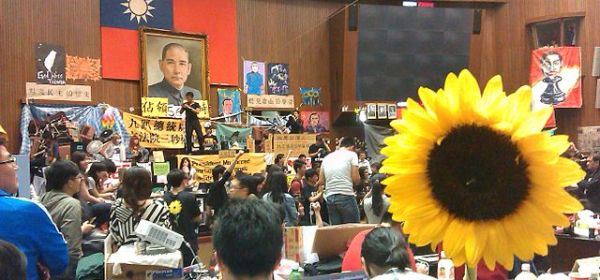Written by Adrian Chiu. This special issue presents a brilliant line-up of scholars and observers of the two movements which provides insights and perspectives to analyse and reflect on the tenth anniversary of the Sunflower and Umbrella Movements. This introductory piece briefly sets the scene for their excellent analysis by reviewing some of the significant political changes both internationally and domestically.












